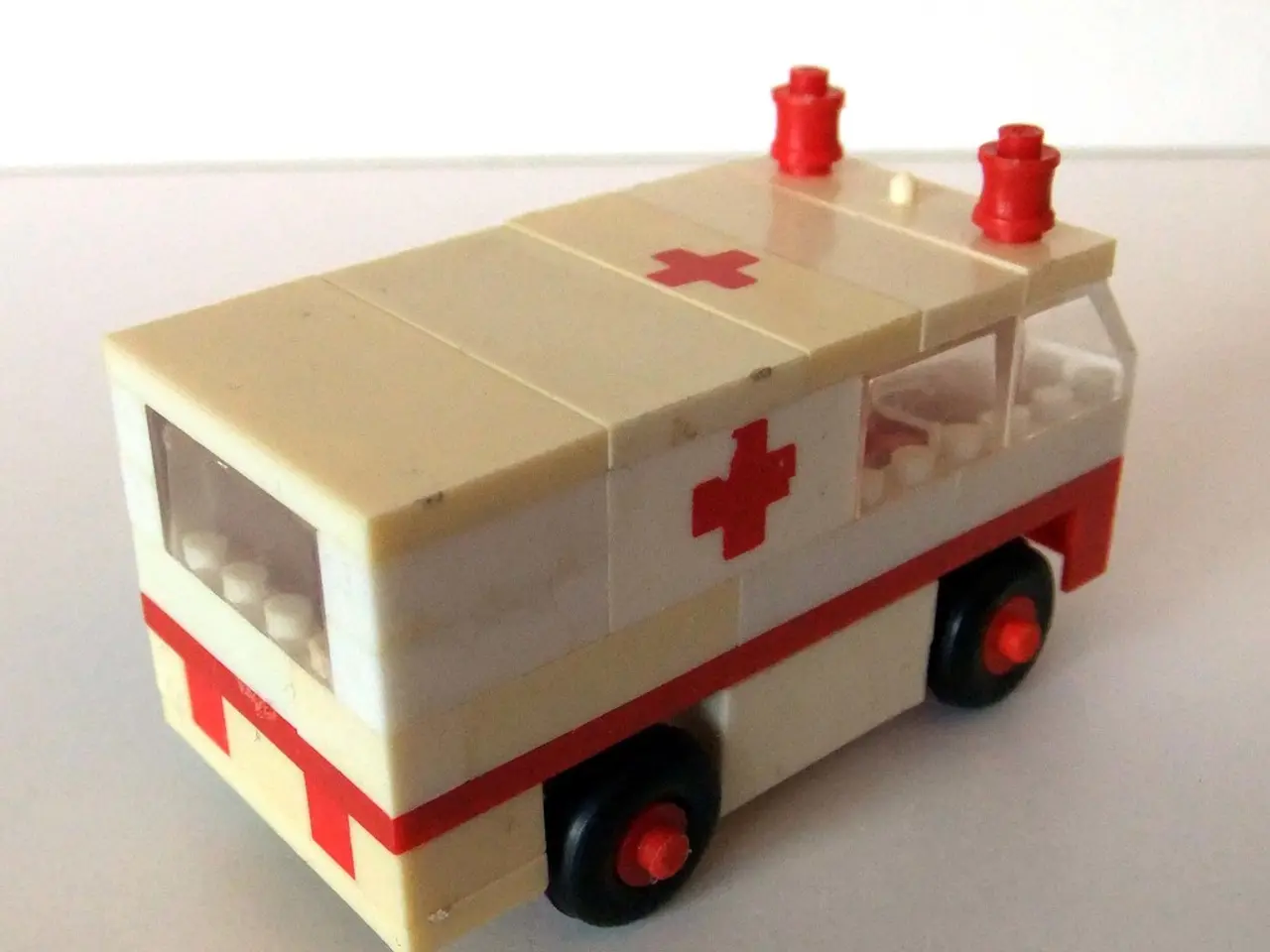Identifying Indicators of Eating Disorders
Eating disorders are serious mental and physical health conditions that involve severe disturbances in a person's eating behaviors and thoughts. These disorders can lead to significant physical and mental health consequences.
One of the most common eating disorders is Anorexia Nervosa, characterized by extreme restriction of calorie intake and food types. People with Anorexia Nervosa often see themselves as overweight even when underweight. Bulimia Nervosa, another common disorder, involves repeated episodes of binge eating followed by compensatory behaviors such as vomiting, laxative use, fasting, or excessive exercise.
Binge Eating Disorder (BED) is the most common eating disorder in the U.S. People with BED lose control over eating, consuming large amounts of food rapidly until uncomfortably full, even when not hungry. This is followed by feelings of guilt or distress.
Avoidant/Restrictive Food Intake Disorder (ARFID) involves calorie restriction due to a lack of interest in eating or a dislike of the sensory characteristics of food. ARFID often affects neurodivergent individuals.
Other Specified Feeding or Eating Disorder (OSFED) is used when symptoms do not fully meet criteria for other eating disorders but still cause significant distress or impairment.
Diabulimia, a term for people with diabetes who deliberately restrict insulin to lose weight, is another eating disorder that poses serious health risks. Orthorexia, an unhealthy obsession with healthy or "clean" eating, can lead to nutritional deficiencies and impaired functioning.
Pica, eating non-food items such as hair or sand, and Rumination Disorder, re-chewing food, are related conditions that often co-occur with eating disorders. Body Dysmorphic Disorder (BDD), which involves preoccupation with perceived body flaws, also frequently co-occurs with eating disorders.
Recovery from eating disorders often involves working with a team that includes an eating disorder therapist, a registered dietitian, a primary care doctor, a dentist, a psychiatrist, and online or in-person support groups. Inpatient, outpatient, and residential treatment programs for people with eating disorders can include many of these services in one place.
If someone is severely underweight, dehydrated, or malnourished, they may need emergency help. Physical signs of an eating disorder may include a fluctuation in weight, feeling cold a lot, dry skin and hair, brittle nails, stomach cramps, acid reflux, dizziness, tiredness or weakness, difficulty concentrating, difficulty sleeping, having irregular or missed periods, muscle wasting, slow wound healing, growth of fine hair (lanugo), and fainting. Sensitive or discolored teeth, tooth enamel erosion, and cavities can be specific physical signs of Bulimia Nervosa.
Emotional signs of an eating disorder may include a preoccupation with body shape, size, and weight, an intense fear of gaining weight, extreme mood swings, low self-esteem, an extremely negative view of their appearance, feelings of disgust, shame, or guilt associated with eating, and distress if they cannot control their food or exercise routine. Behavioral signs may include restricting food intake severely, refusing to eat certain foods or whole food groups, having food rituals, and visiting the bathroom immediately after meals on a frequent basis.
Eating disorders can affect people of all ages, genders, races, ethnicities, and body shapes. It's important to remember that people with eating disorders are common to have other mental health conditions, such as depression or anxiety. Compassion and support from family, friends, and colleagues are crucial during the recovery process.
For general mental health support at any time, people can call the Substance Abuse and Mental Health Services Administration 24 hours a day. Many other resources are available for people with eating disorders, including The National Association of Anorexia Nervosa and Associated Disorders and F.E.A.S.T., which provides support and educational resources to friends and family who want to help someone living with an eating disorder. The National Alliance for Eating Disorders offers a daytime helpline staffed by licensed therapists and an online search tool for treatment options.
If you or someone you know is struggling with an eating disorder, it's important to seek help. Recovery is possible, and with the right support, people can overcome their eating disorders and live healthy, happy lives.
- Food and food benefits play a crucial role in the understanding and management of eating disorders, which are severe mental and physical health conditions affecting a person's eating behaviors and thoughts.
- Science has identified various types of eating disorders, such as Anorexia Nervosa, Bulimia Nervosa, Binge Eating Disorder, Avoidant/Restrictive Food Intake Disorder, Other Specified Feeding or Eating Disorder, Diabulimia, and Orthorexia.
- Recovery from eating disorders often involves collaborative therapies and treatments, including those provided by an eating disorder therapist, registered dietitian, primary care doctor, dentist, psychiatrist, and support groups.
- Implementing proper nutrition, weight management, and skin care can aid in the recovery process and improve mental health, as these are often impacted by eating disorders.
- CBD, a popular supplement in health and wellness, has shown some promise in reducing anxiety and promoting appetite regulation for individuals managing eating disorders.
- Fitness and exercise play a crucial role in comprehensive treatment and recovery plans for eating disorders. By focusing on mental health, nutrition, and overall wellness, it's possible to overcome the challenges posed by these conditions and enjoy a balanced, happy life.




